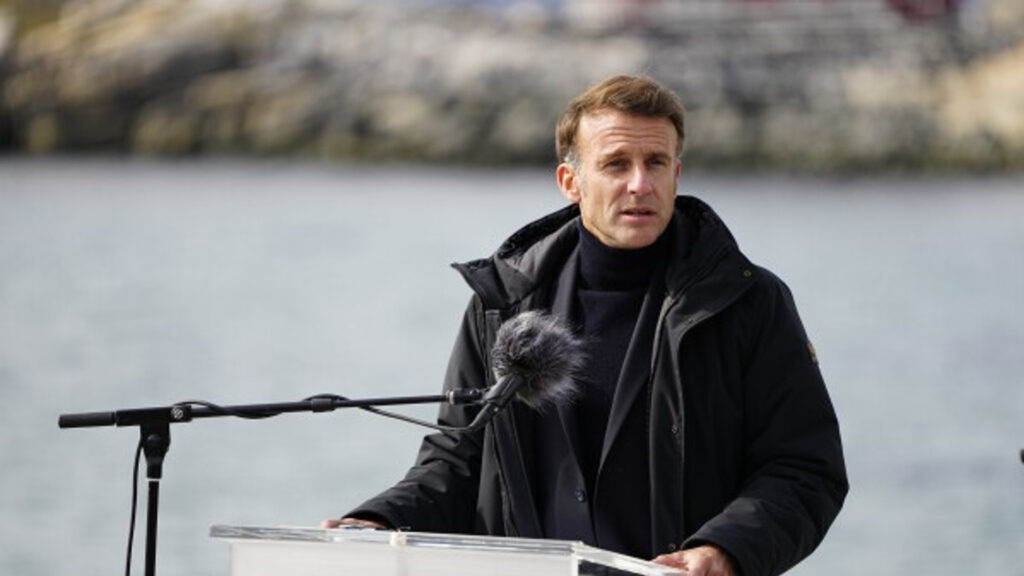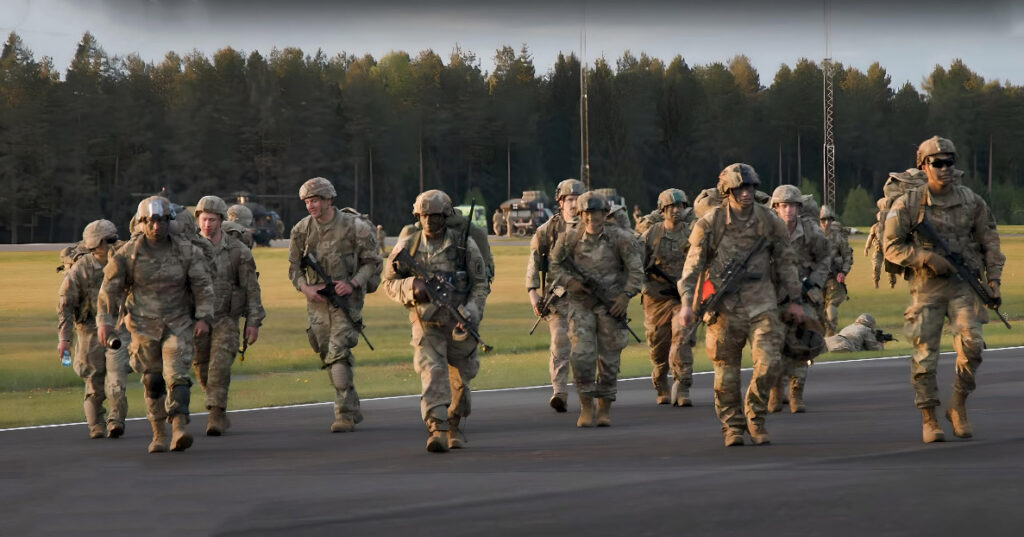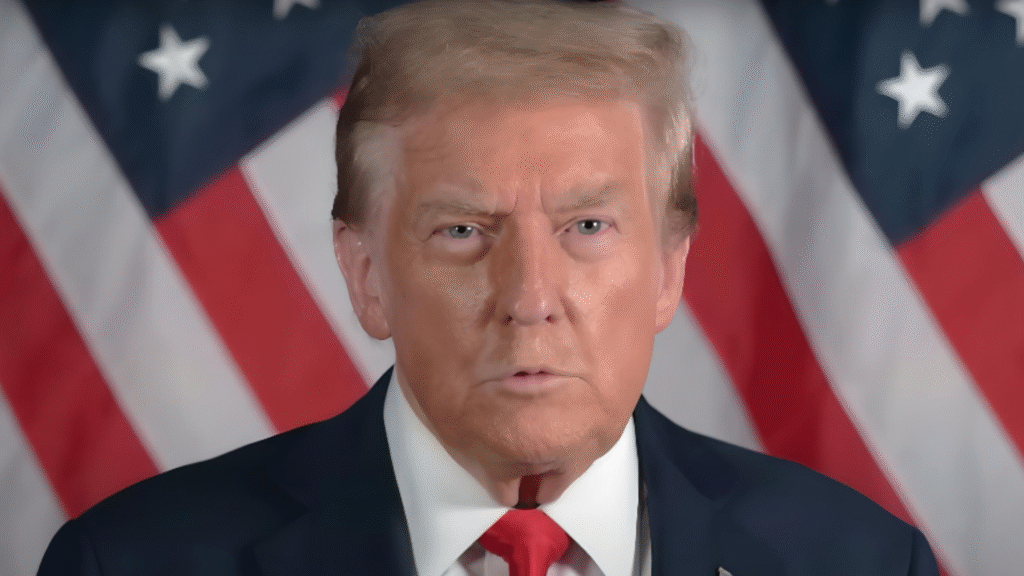In a striking speech delivered in Greenland’s capital, Nuuk, French President Emmanuel Macron passionately denounced proposals from U.S. President Donald Trump to assert control over the island. The address, set against the backdrop of rising geopolitical tensions in the Arctic, has reverberated across the globe, signaling a firm stance against unilateral moves that challenge international norms.
Speaking alongside Greenland’s Prime Minister Jens-Frederik Nielsen, Macron described the notion of annexing Greenland as “reckless” and a direct affront to the principles of sovereignty. “Greenland is not a commodity to be traded or a pawn in global strategies,” he declared. “It is a land with its own identity, rights, and aspirations.” He underscored France’s commitment to supporting Greenland through joint military exercises with Denmark and offered assistance to bolster the island’s security infrastructure.
Macron’s visit marks a historic moment—the first time in decades a leader from a major European power has traveled to Greenland with such a clear message of solidarity. Amid renewed claims from Washington, where Trump has revived his 2019 proposal to “purchase” Greenland, citing the need to counter Russian and Chinese influence in the Arctic, Macron’s words serve as a counterpoint. His speech signals that any attempt to alter the status quo will face coordinated resistance.
The roots of this diplomatic moment trace back to January 2025, when Trump, newly returned to the White House, reiterated his interest in Greenland. His rhetoric has grown sharper, framing the island as a critical asset in a region increasingly contested for its resources and strategic shipping routes. Macron, however, framed Greenland’s sovereignty as a cornerstone of global stability, vowing to raise the issue at the G7 summit, which opened in Italy on June 16.
Support for Macron’s position has echoed from capitals like Ottawa and Berlin, where leaders emphasize the importance of respecting territorial integrity and the will of Greenland’s people. Canadian Prime Minister Justin Trudeau labeled any move to alter Greenland’s status without local consent as “political recklessness.”
In Greenland itself, the mood is one of unease but determination. Despite its vast mineral wealth—ranging from rare earth elements to uranium—the island relies on external support for security and economic stability. Prime Minister Nielsen was unequivocal: “Greenland is not for sale, and our voice matters.” Protests in Nuuk and other towns have seen young Greenlanders rallying for autonomy, demanding global backing for their right to self-determination.
Local authorities are also exploring deeper defense ties with European partners, including the potential deployment of technical experts and the establishment of joint monitoring hubs to safeguard the island’s interests. These moves reflect Greenland’s growing role in a region transformed by melting ice, which has unlocked access to untapped resources and new trade routes, reshaping global logistics.
Analysts view the Greenland dispute as part of a broader struggle for Arctic dominance, where retreating glaciers have heightened competition for influence. Macron’s speech framed this moment as a rejection of outdated “grand deals” that ignore the rights of nations and their people. Instead, he championed dialogue, cooperation, and respect for sovereignty as the path forward.
As one Nuuk protester put it, “We’re not pieces on a chessboard. This is our home, and we decide its future.” Macron’s visit, blending diplomacy with action, underscores a commitment to ensuring that voice is heard.



